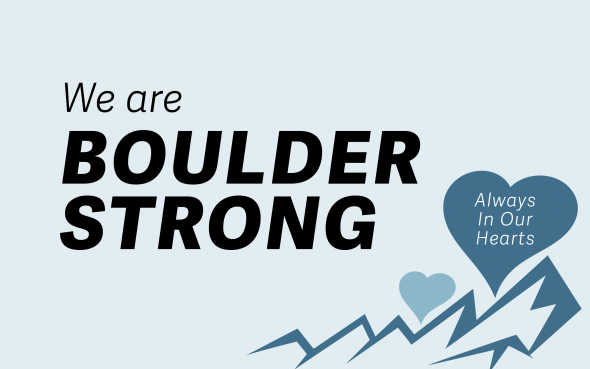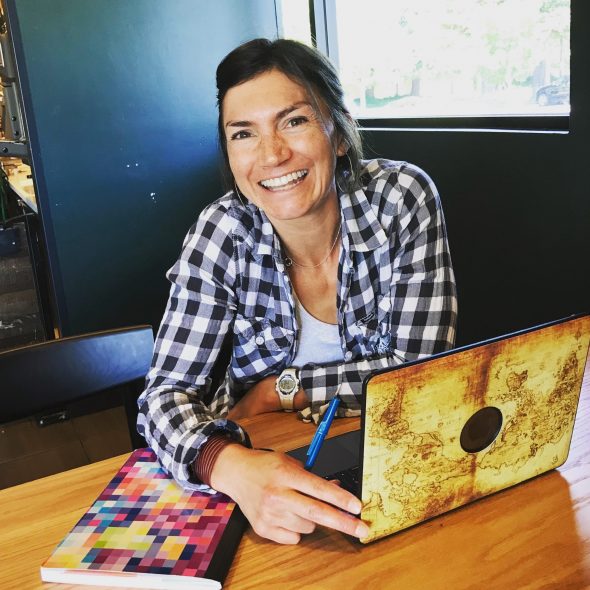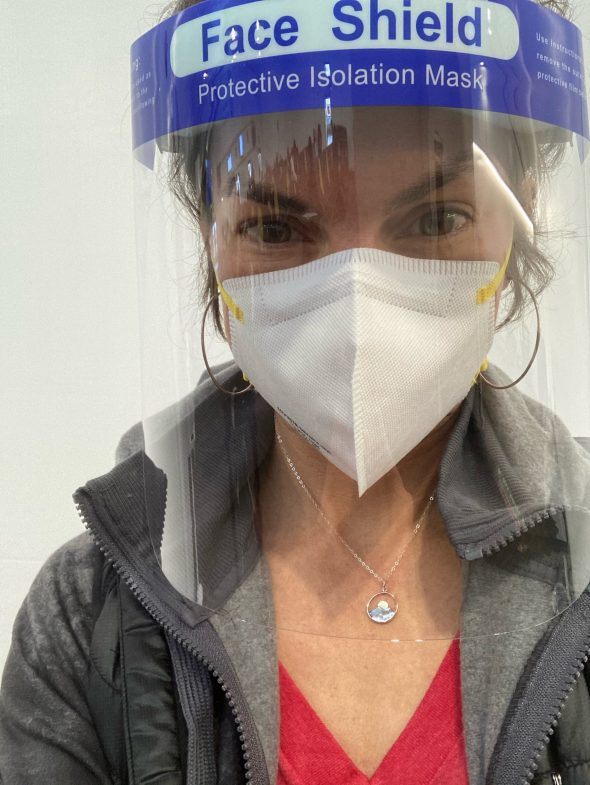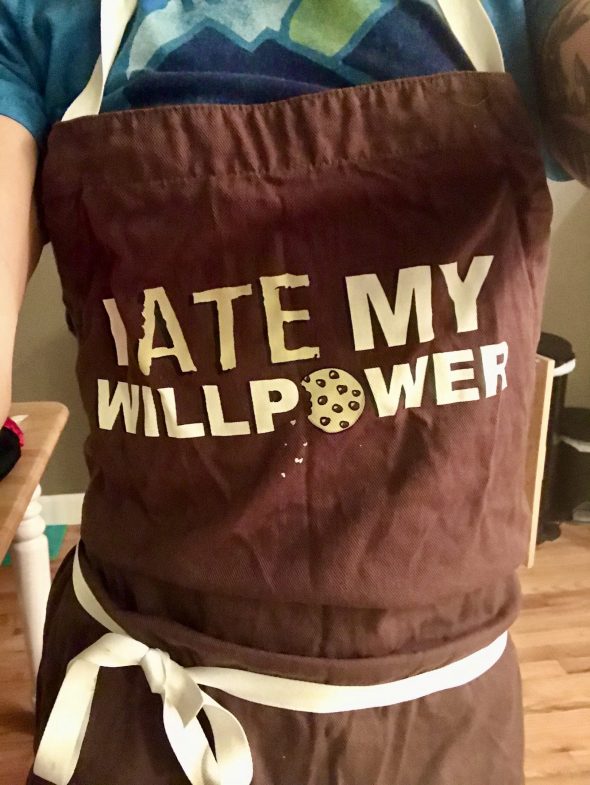This week I sat down and looked at all the topics about which I want to write, and they felt so trivial in light of recent events in our country. The back-to-back shootings less than 15 hours apart over the weekend of Aug 3-4 has our nation reeling, yet again. The words “terrible” and “horrifying” and “tragic” are appropriate, but cannot fully express these type of incidents to which the American public are becoming immune. I read the news and I feel sick to my stomach. I say things like “I cannot imagine…” while shaking my head. And that is true, I can’t imagine it. But too many people can because their family members and friends have been literally and figuratively wounded by a shooting. Is there coming a day when each of us will say we either knew someone or have some connection to someone who has been in an event such as these?
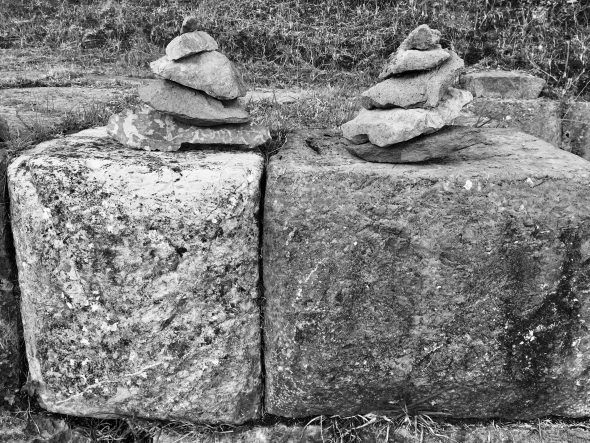
The political scene surrounding shootings in the US is terribly complicated and messy, and though I have my opinions this is not a forum for this topic. What I want to express are mindsets & practices that continue to tug at me.
In light of any terrible, evil, or divisive occurrence wouldn’t it serve us to each really examine our own mindsets and our habits, even as we react in justifiable anger? Habits are ways of behaving without having to think it through. It’s a crucial aspect of behavior so that we don’t have to consciously go through each step of many tasks we do on a very regular basis. But habitual thinking- this is something we all do subconsciously, by definition, that can start as convenience or maybe laziness and end up as distorted & unfair thinking that easily places blame or judgement. I say convenience or laziness meaning we don’t take the time to seek out more information, or to extend ourselves into others’ situations. “Walk a mile in (her) shoes”. Well that would be one mile that I don’t want to walk and don’t have the time to walk and so I will, without meaning to, default to my habitual thinking about that type of person.
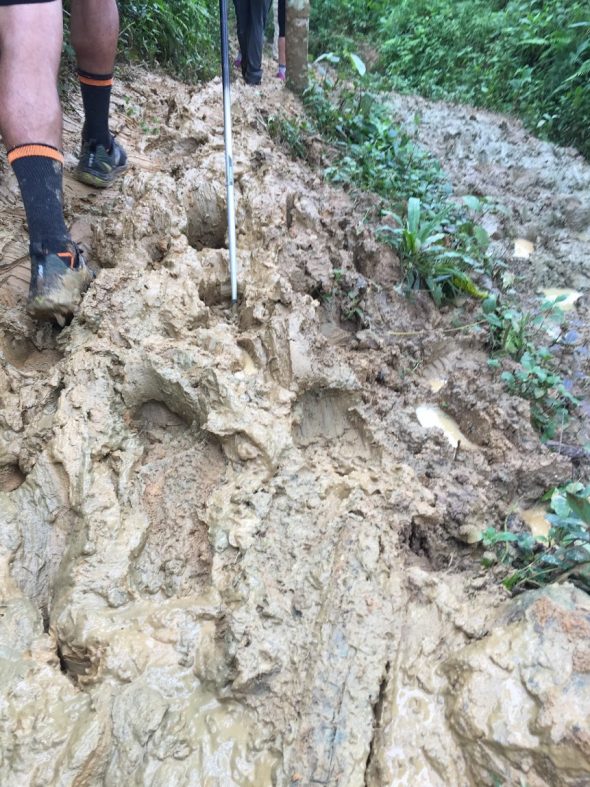
You can be an open-minded, empathetic, kind, inclusive person but it goes with being human that we have habitual ways of thinking. In itself, it’s not bad because many habits have reasonable functions but our lives are so busy and complicated, and it’s not possible to quell every habit.. not without being really intentional.
hab·it /?hab?t/ noun
a settled or regular tendency or practice, especially one that is hard to give up.
Brené Brown is a now widely-known research professor turned author and speaker (see these TED Talks) whose following quote (from Chapter 4 of her book Braving The Wilderness) causes pause:
“People are hard to hate close up. Move in”

Like much of her research about and admonishments to humanity, that quote is very simple yet can cause us to squirm under the weight of its truth.
I don’t think I am a hater, really of anything — unless it’s “evil”, like the recent shootings. So ok, I’m allowed to hate that…or “those people”. But the two words together: “those people”- that makes me pause. Hate from afar is easy. Let’s take the shooting topic off the table now, but if I catch myself using the term “those people”, I want to force myself to move in. Discover details. I need to be careful about habitual behaviors that follow habitual thinking. It’s a slippery slope that I’m observing a lot of in our country.

On the other hand, I thought the other day about some things in my life and it dawned on me that the other side of “move in” is, well, “step back”. It’s one way we could examine ourselves. As we move in toward others in order to understand better and dispel hate, we also need to step back from our own situations in order to understand ourselves within a greater context. We gain perspective on self when we have a view, not when we’re right up close.
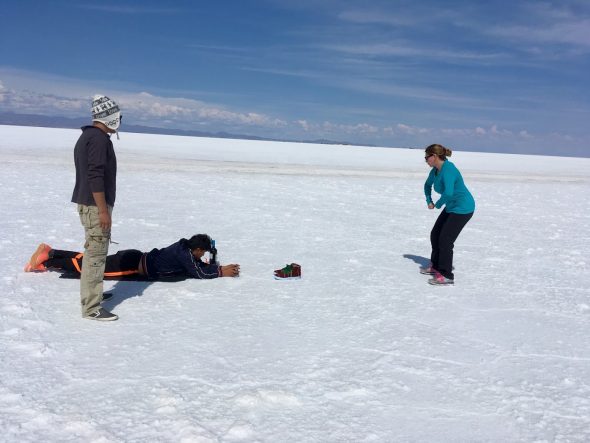

As this nation mourns, yet again, I am reminded to examine anything in my life and in my thinking that could unintentionally create borders and intolerance. Pondering what I could possibly do to get involved on a national level and make any difference can feel paralyzing because the matters seem so huge and convoluted. But truly I think many of the matters started in the hearts of people- people with stories, people with souls, and pain and fears. So if I’m going to do anything to help and not to be a passive bystander, I must look inside first and then take action on what I learn.
My heart goes out to anyone who was recently or has ever been affected by an act of violence.
I imagine one of the reasons people cling to their hates so stubbornly is because they sense, once hate is gone, they will be forced to deal with pain. – James Baldwin


